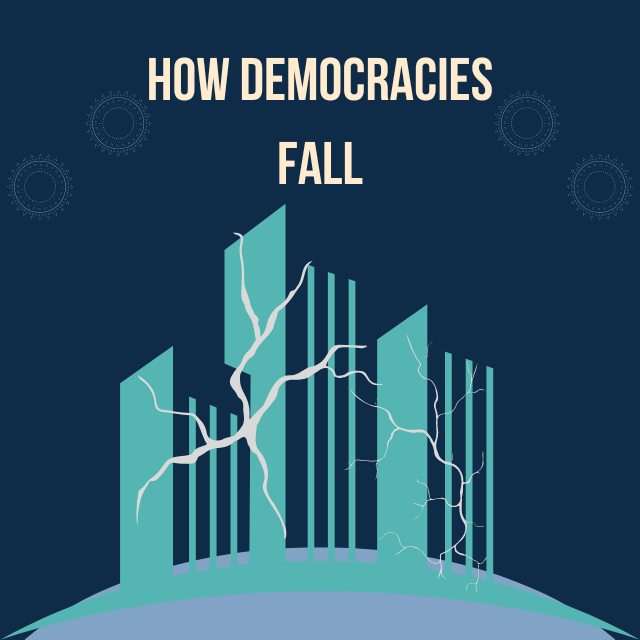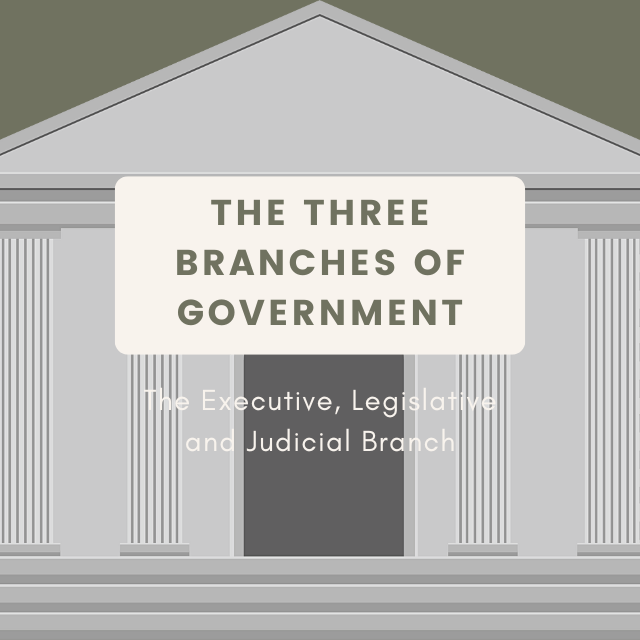How Democracies Fall: Understanding the Threats to Our Political Systems
Democracies around the world are facing unprecedented challenges. From the rise of authoritarian leaders to foreign interference in elections, the very foundations of our political systems are being tested. But what exactly does it mean for a democracy to fall?

Definition of Democracy
What is a Democracy?
Democracy is a form of government in which the power to make decisions is held by the people, either directly or through their elected representatives.
In a Democratic Government, the people have the right to vote and to elect officials who will make decisions on their behalf.
How Democracies Fall
Here are possible reasons, but not limited to, on how democracies fall:
- Political Polirization;
- Corruption;
- The government is not reliant on the citizens for its finance;
- External interference / Foreign inteference;
- The government becomes poor / Economic collapse;
- Subversion;
- And gaining the citizen's favor offers nothing in return.
Political polarization
When society becomes deeply divided along political, ideological, or cultural lines, it can be difficult for politicians to find common ground and work together to address the challenges facing the country.
This can lead to immobilization and a lack of progress, which can undermine confidence in the government and the democratic process.
Corruption
Public officials or Politicians who abuse their power or engage in corrupt activities, such as embezzlement or bribery, will erode trust in the Government and the Democratic System.
The Government is not reliant on the citizens for its finance
If the benefit for aiding the public is minuscule or nonexistent, then the Government will have no incentive to give aid.
One of the reasons why a Democratic Government helps its citizens, and the public as a whole is because they gain funds through taxing laborers and business owners to help maintain its existence;
So, it is within their interest to create programs and infrastructure such as: roads, bridges, etc., all for the sake of productivity, which results to more money for the citizen and the Government Officials.
The Government may also have other sources of funding, such as grants or loans from international organizations, the sale of government assets, etc.
However, if the Government is not reliant on the citizens for its finance, it may not be as responsive to the needs and concerns of the citizens, as it may not feel as obligated to serve their interests.
In addition, it may have less transparency and accountability, as it may not be required to disclose how it is using its financial resources or to justify its spending decisions to the public.
This can make it more difficult for citizens to hold the government accountable for its actions and to ensure that it is using its resources wisely and effectively.
It is important for the government to be reliant on the citizens for its finance in a democracy, as this helps to ensure that the government is responsive to the people's needs and concerns.
External interference
Foreign powers or organizations may seek to interfere in the political process of a democracy in order to influence outcomes or to undermine the stability of the country.
This can take many forms, such as propaganda, hacking, or financial support for certain political groups.
The Government becomes poor
If a ruler has run out of money, with which to pay his supporters, it becomes far easier for someone else to make coalition members an attractive offer.- From the Dictator's Handbook
Aside from having difficulty to create and maintain infrastructure and Government programs, it will leave the reigning president in a vulnerable position to be replaced or at the very least, lose political influence.
It will also find it difficult to maintain the existence of its military and police force, which makes them susceptible to coups, rebellions, and invasions.
A Government in this predicament are forced to be more Autocratic in the way they govern their country, in order for the Government to not collapse and/or for the reigning president to not lose his position in office.
Subversion
In some cases, individuals or groups may seek to deliberately subvert the democratic process in order to seize power or to advance their own agendas.
This can include tactics such as voter suppression, propaganda, or violence.
Gaining the citizen's favor offers nothing in return
Politicians living in Democratic Governments, gives support and promises to the country's citizens and other influential groups in the hopes of gaining their vote in office.
If gaining the favor of the citizens does not offer any benefits or rewards in return, politicians or public officials may be less motivated to seek the support of the citizens or to act in their best interests.
This can lead to a lack of accountability and responsiveness in the government, as politicians and public officials may not feel obligated to serve the needs and concerns of the citizens.
In this scenario, it is much more beneficial for Politicians to give support and promises to Government Officials or to groups who have the say on who gets the desired positions.
CONCLUSION
- Democracies are facing a variety of threats today; it is then important for citizens to be aware of these threats and to actively work to preserve their democracy.
- Political Polarization can make it difficult for politicians or public officials to find common ground or to work together to address the challenges facing the country.
- Corruption will erode trust in the Government and the Democratic System.
- Democracies are susceptible to autocratic tendencies when the Government is not dependent on the public for their revenue.
- External interference from foreign powers is always a threat for undermining the stability of the country.
- Governments that are poor in wealth are forced to be more autocratic in their governance to avoid collapsing.
- Subversion can be a serious threat to the stability and security of a country or society.
- The Government needs to be reliant on the citizens for its existence, so that they seek the support and to act in the citizen's best interests.
- It is important for democracies to remain vigilant and to address any internal or external challenges in order to maintain the strength and stability of the system.
Copyright ©2023 by Marshall Vulta




Comments ()